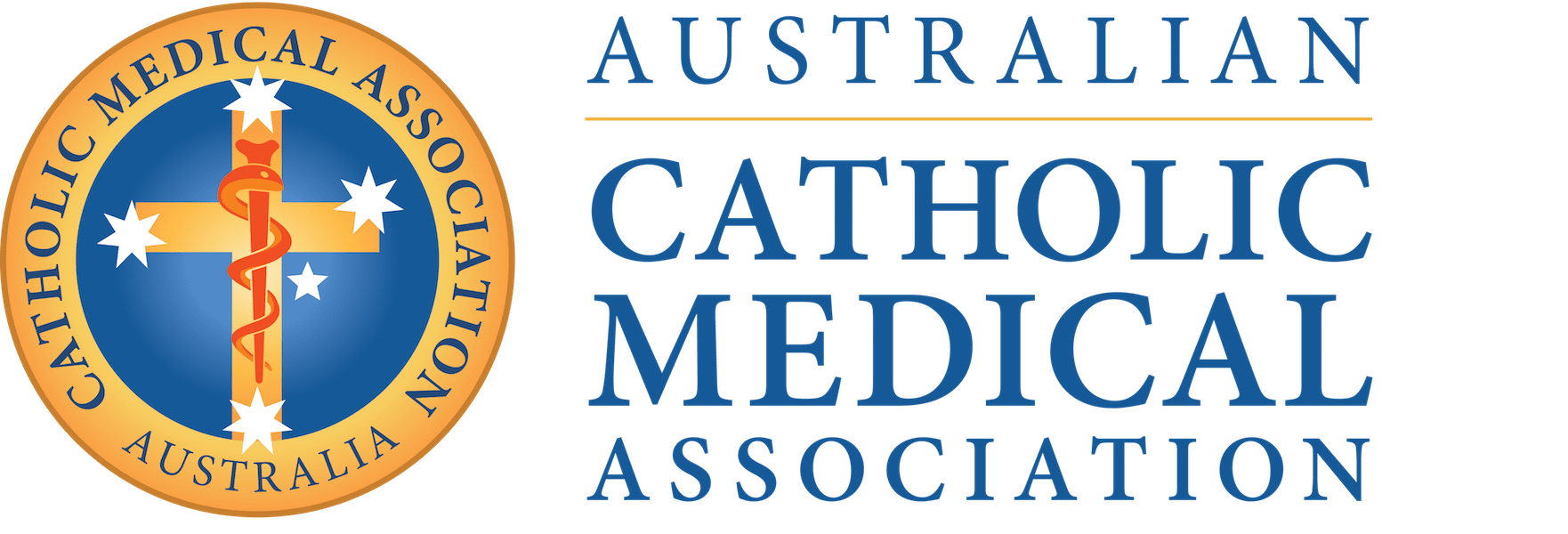Landmark review rejects puberty blockers for children wanting to change gender
An entire field of medicine aimed at enabling children to change gender has been “built on shaky foundations”, the chairwoman of an NHS review has concluded.
Dr Hilary Cass found that there was no good evidence to support the global clinical practice of prescribing hormones to under-18s to halt puberty or transition to the opposite sex.
This method of medical intervention for young people who identify as transgender has become embedded in clinical guidelines around the world over the past two decades. Thousands of children have received puberty blockers on the NHS since 2011, and referrals to its youth gender identity service have increased 100-fold in little over a decade.
Cass, a former president of the Royal College of Paediatrics and Child Health, was commissioned by NHS England in 2020 to review services for children with gender dysphoria. Her final report has endorsed a fundamental shift in approach away from medical intervention towards a holistic model that addresses other mental health problems the children may have.
Rishi Sunak welcomed her findings and said that the lack of knowledge about the long-term impact of medical interventions meant people should proceed with “extreme caution”. He said: “We’ve seen a sharp rise in recent years of children, particularly adolescent girls, questioning their gender. I welcome Dr Cass’s expert review which urges treating these children, who often have complex needs, with great care and compassion.
“We simply do not know the long-term impact of medical treatment or social transitioning on them, and we should therefore exercise extreme caution.
“We acted swiftly on Dr Cass’s interim report to make changes in schools and our NHS, providing comprehensive guidance for schools and stopping the routine use of puberty blockers, and we will continue to ensure that we take the right steps to protect young people. The wellbeing and health of children must come first.”
The report contains 32 recommendations for overhauling services. “For most young people, a medical pathway will not be the best way to manage their gender-related distress,” Cass said, adding that children must be seen “as a whole person and not just through the lens of their gender identity”.
She said it was vital that services take into account high rates of autism and mental health problems in children identifying as transgender.
The report is the world’s biggest review into the contested field of trans healthcare, and involved patients, families, academics and doctors.
Researchers at the University of York examined all available evidence on how to treat children questioning their gender identity. They concluded there was “wholly inadequate” evidence to support medical intervention, making it impossible to know whether it improves mental or physical health.
The treatment, or pathway, involves giving children puberty blockers, and then cross-sex hormones from the age of 16, and has been adopted globally.
In an opinion piece for the BMJ, Cass said evidence-based medicine was built around three pillars of integrating the best available research with clinical expertise, and patient preferences. She said: “When conducting the review, I found that in gender medicine those pillars are built on shaky foundations.”
The review found that the use of puberty blockers had “spread at pace” around the world, based on a single Dutch study that began in 1998. It said there was no good evidence that puberty blockers helped, and they may damage bone health and height.
The NHS has committed itself to overhauling its gender identity services for children, including banning the use of puberty blockers for under-16s. The youth gender identity clinic run by the Tavistock and Portman NHS Foundation Trust has been closed, with care moved to two new NHS services.
The review also found that debates on trans issues had led to fear among doctors and parents, with some worrying about being accused of transphobia. Since the Gender Identity Development Service opened in 1989, it has seen more than 9,000 young people.
An NHS spokesman said: “NHS England is grateful to Dr Cass for comprehensive work on this important review. The NHS has made significant progress towards establishing a fundamentally different gender service for children and young people.”
A 2019 investigation by The Times first exposed concerns about children being put on experimental treatments at NHS gender clinics.
Helen Joyce, from Sex Matters, a charity that campaigns for clarity on sex in law, said: “Hilary Cass’s report is the nail in the coffin for the so-called ‘gender-affirming’ treatment model. The total lack of evidence base is laid bare for everyone to see.”
The Times
